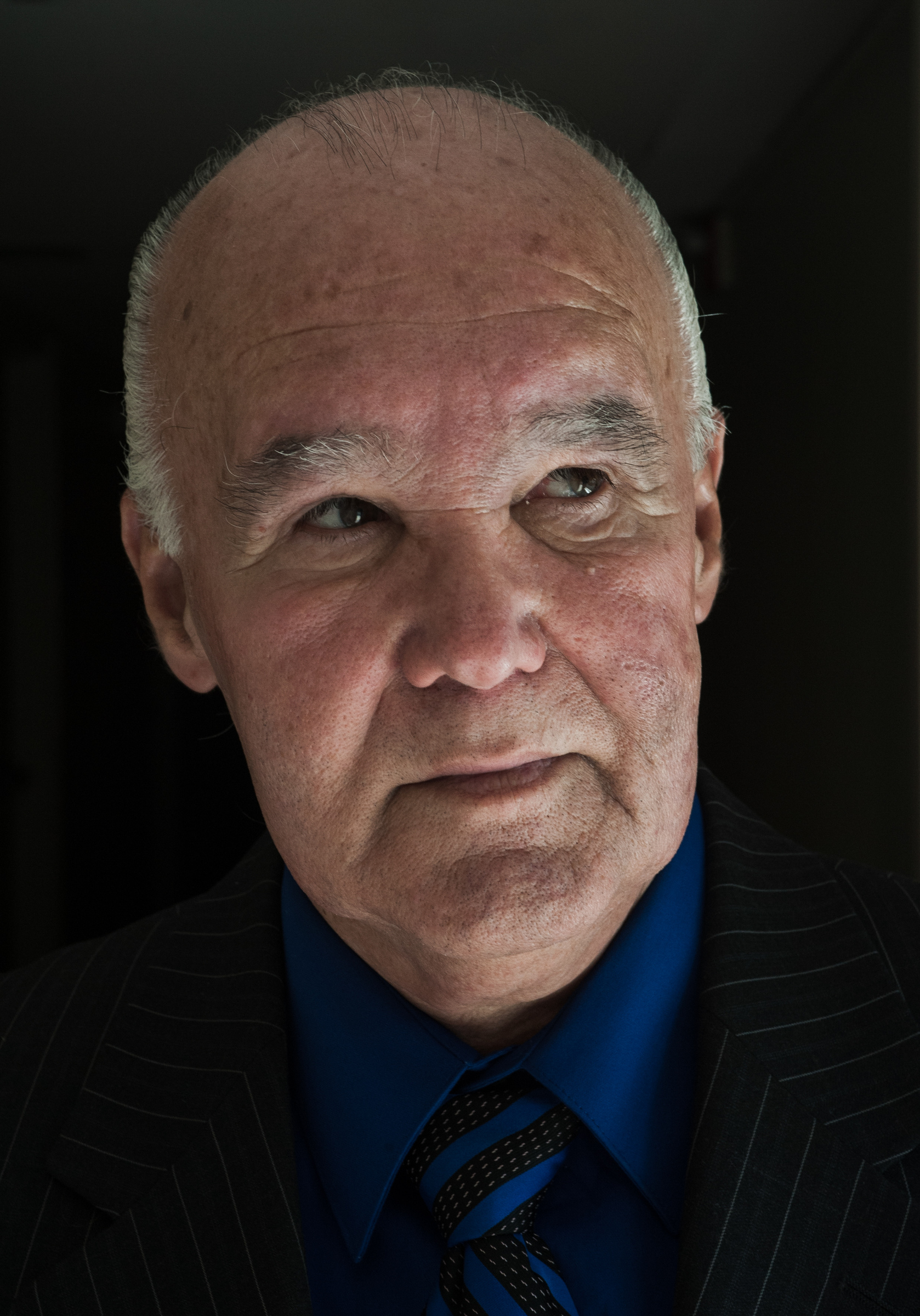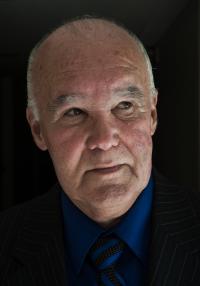What matters to me is the general purpose, the change in Cuba. We are together.

Download image
Luis Zúñiga Rey was born on June 3, 1947 in Havana, Cuba. His father worked in an English oil company and his mother was a housewife. He had an older brother. His family did not have a political tendency, but his father did not sympathize with the revolution, as in his eyes, it had breaken the constitutional order in the country. Until the sixth grade, he studied in a private school, entering a state high school at 10 years of age. Later on, when finishing the secondary school, he could not start the university studies of law, as he had been not part of the revolution. Since this moment, he became more and more disgusted. First he studied Agronomic Engineering but they did not let him finish the studies. He changed his career and studied Industrial Engineering in English, as there was not so much persecution. At that time, he began to conspire against the regime and was arrested for a month and a half, which made it more difficult to follow the studies at the University, apart of the fact that he was being constantly observed. During the last year of his university studies, he was finally expelled. Due to the above mentioned, he decided to leave Cuba, but was arrested and sentenced to two years in prison. He escaped during the transportation, however, he was arrested again when he tried to cross the border of the naval base of Guantánamo. Sentenced to four years, he was locked in bricked cells. In 1973, he escaped through Guantánamo during a hospitalization, and he crossed the minefields and finally reached the US. Later on, he was arrested on the coast of Cuba trying to help dissident friends escape, being sentenced to 25 years. He spent in jail 14 years, and he suffered a lot of violence for not accepting the rehabilitation plans. He managed to be expelled from Cuba in 1988 with the help of Cardinal O’Connor. He began working in the institutions of Human Rights, denouncing the crimes of the Cuban regime, spoke several times at the United Nations’ meeting with several dissidents from around the world.
